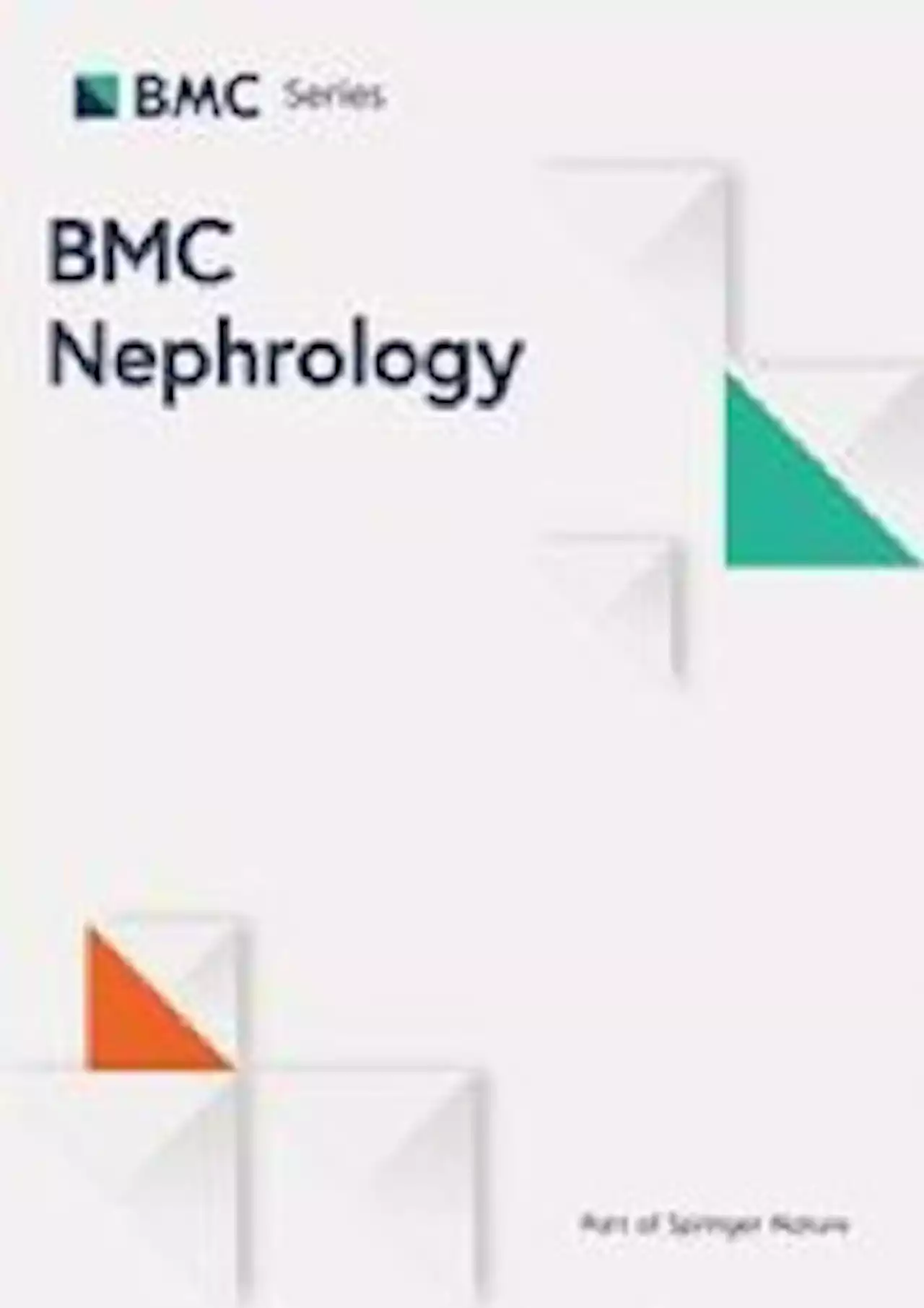The study seemed to underline the stereotype of the oblivious rich person cruising through life ignoring and sometimes endangering others 🔎 Analysis by StuartJRitchie
Maybe. But as the authors of the newer paper put it: “a research finding is most useful when it has reliable predictive power beyond the narrow specificity of the original study setting”.
In other words, if psychologists can only find a result in a very specific place and at a very specific time, what does it tell us about human nature? It’s not like the original study said that their findings were only meaningful in the very specific context: they were written as if they applied to all humans everywhere.
paper. Perhaps the other studies still provide a basis for believing that higher-class people are more unethical? Alas, they haven’t fared too well in replication attempts either.
paper where participants who’d been made to think about how they were higher in social class than others tended to take more sweets from a bowl as they left the laboratory.paper would’ve had us believe. It’s not that higher social class makes us unethical in all sorts of situations. Ethical and unethical behaviour comes in many different forms, and is highly dependent on context and character.
that, during the Holocaust, richer people in Nazi-occupied Europe were more likely to rescue Jewish people .website, in addition to the very many media articles about it, the 2012 study has been tweeted more than 7,000 times.
United Kingdom Latest News, United Kingdom Headlines
Similar News:You can also read news stories similar to this one that we have collected from other news sources.
 Prevalence of chronic periodontitis in patients undergoing peritoneal dialysis and its correlation with peritoneal dialysis-related complications - BMC NephrologyObjective The microinflammatory state can influence the occurrence of dialysis-related complications in dialysis patients. Chronic periodontitis (CP), in which plaque biofilm is considered to be the initiating factor, is a chronic infectious disease in the oral cavity. It is still uncertain whether CP affects the microinflammatory state in peritoneal dialysis (PD) and the occurrence of dialysis-related complications. The purpose of this study was to investigate the correlation between the periodontal index and clinical parameters in peritoneal dialysis patients with CP and dialysis-related complications, including peritoneal dialysis-associated peritonitis (PDAP) and cardiovascular and cerebrovascular events (CCEs). Methods This was a retrospective cohort study, and 76 patients undergoing PD were enrolled. Clinical parameters, the occurrence of PD-related complications and periodontitis-related indicators, including the gingival index (GI), plaque index (PLI), probing depth (PPD) and clinical attachment loss (CAL), were collected. Correlation analysis was used to explore the correlation between periodontal or clinical parameters and the occurrence of PD-related complications. Results All the patients had different degrees of periodontitis (mild 9.2%, moderate 72.4%, severe 18.4%); PPD was inversely related to serum albumin (r = − 0.235, p = 0.041); CAL has a positive correlation with serum C-reactive protein (rs = 0.242, p = 0.035); PLI was positively correlated with serum calcium (r = 0.314, p = 0.006). ANOVA, multivariate logistic regression analysis and Kaplan-Meier Survival curve suggested that CAL was a risk factor for the occurrence of PDAP. There was no correlation between periodontal parameters and CCEs or poor prognosis. Conclusion CP is universally present in PD patients, and the presentation of periodontitis influences the systemic inflammatory state in PD patients. CP is a risk factor for PDAP.
Prevalence of chronic periodontitis in patients undergoing peritoneal dialysis and its correlation with peritoneal dialysis-related complications - BMC NephrologyObjective The microinflammatory state can influence the occurrence of dialysis-related complications in dialysis patients. Chronic periodontitis (CP), in which plaque biofilm is considered to be the initiating factor, is a chronic infectious disease in the oral cavity. It is still uncertain whether CP affects the microinflammatory state in peritoneal dialysis (PD) and the occurrence of dialysis-related complications. The purpose of this study was to investigate the correlation between the periodontal index and clinical parameters in peritoneal dialysis patients with CP and dialysis-related complications, including peritoneal dialysis-associated peritonitis (PDAP) and cardiovascular and cerebrovascular events (CCEs). Methods This was a retrospective cohort study, and 76 patients undergoing PD were enrolled. Clinical parameters, the occurrence of PD-related complications and periodontitis-related indicators, including the gingival index (GI), plaque index (PLI), probing depth (PPD) and clinical attachment loss (CAL), were collected. Correlation analysis was used to explore the correlation between periodontal or clinical parameters and the occurrence of PD-related complications. Results All the patients had different degrees of periodontitis (mild 9.2%, moderate 72.4%, severe 18.4%); PPD was inversely related to serum albumin (r = − 0.235, p = 0.041); CAL has a positive correlation with serum C-reactive protein (rs = 0.242, p = 0.035); PLI was positively correlated with serum calcium (r = 0.314, p = 0.006). ANOVA, multivariate logistic regression analysis and Kaplan-Meier Survival curve suggested that CAL was a risk factor for the occurrence of PDAP. There was no correlation between periodontal parameters and CCEs or poor prognosis. Conclusion CP is universally present in PD patients, and the presentation of periodontitis influences the systemic inflammatory state in PD patients. CP is a risk factor for PDAP.
Read more »
 Antibiotic treatment using amoxicillin-clavulanic acid impairs gut mycobiota development through modification of the bacterial ecosystem - MicrobiomeBackground Effects of antibiotics on gut bacteria have been widely studied, but very little is known about the consequences of such treatments on the fungal microbiota (mycobiota). It is commonly believed that fungal load increases in the gastrointestinal tract following antibiotic treatment, but better characterization is clearly needed of how antibiotics directly or indirectly affect the mycobiota and thus the entire microbiota. Design We used samples from humans (infant cohort) and mice (conventional and human microbiota-associated mice) to study the consequences of antibiotic treatment (amoxicillin-clavulanic acid) on the intestinal microbiota. Bacterial and fungal communities were subjected to qPCR or 16S and ITS2 amplicon-based sequencing for microbiota analysis. In vitro assays further characterized bacterial-fungal interactions, with mixed cultures between specific bacteria and fungi. Results Amoxicillin-clavulanic acid treatment triggered a decrease in the total fungal population in mouse feces, while other antibiotics had opposite effects on the fungal load. This decrease is accompanied by a total remodelling of the fungal population with the enrichment in Aspergillus, Cladosporium, and Valsa genera. In the presence of amoxicillin-clavulanic acid, microbiota analysis showed a remodeling of bacterial microbiota with an increase in specific bacteria belonging to the Enterobacteriaceae. Using in vitro assays, we isolated different Enterobacteriaceae species and explored their effect on different fungal strains. We showed that Enterobacter hormaechei was able to reduce the fungal population in vitro and in vivo through yet unknown mechanisms. Conclusions Bacteria and fungi have strong interactions within the microbiota; hence, the perturbation initiated by an antibiotic treatment targeting the bacterial community can have complex consequences and can induce opposite alterations of the mycobiota. Interestingly, amoxicillin-clavulanic acid treatment has a delete
Antibiotic treatment using amoxicillin-clavulanic acid impairs gut mycobiota development through modification of the bacterial ecosystem - MicrobiomeBackground Effects of antibiotics on gut bacteria have been widely studied, but very little is known about the consequences of such treatments on the fungal microbiota (mycobiota). It is commonly believed that fungal load increases in the gastrointestinal tract following antibiotic treatment, but better characterization is clearly needed of how antibiotics directly or indirectly affect the mycobiota and thus the entire microbiota. Design We used samples from humans (infant cohort) and mice (conventional and human microbiota-associated mice) to study the consequences of antibiotic treatment (amoxicillin-clavulanic acid) on the intestinal microbiota. Bacterial and fungal communities were subjected to qPCR or 16S and ITS2 amplicon-based sequencing for microbiota analysis. In vitro assays further characterized bacterial-fungal interactions, with mixed cultures between specific bacteria and fungi. Results Amoxicillin-clavulanic acid treatment triggered a decrease in the total fungal population in mouse feces, while other antibiotics had opposite effects on the fungal load. This decrease is accompanied by a total remodelling of the fungal population with the enrichment in Aspergillus, Cladosporium, and Valsa genera. In the presence of amoxicillin-clavulanic acid, microbiota analysis showed a remodeling of bacterial microbiota with an increase in specific bacteria belonging to the Enterobacteriaceae. Using in vitro assays, we isolated different Enterobacteriaceae species and explored their effect on different fungal strains. We showed that Enterobacter hormaechei was able to reduce the fungal population in vitro and in vivo through yet unknown mechanisms. Conclusions Bacteria and fungi have strong interactions within the microbiota; hence, the perturbation initiated by an antibiotic treatment targeting the bacterial community can have complex consequences and can induce opposite alterations of the mycobiota. Interestingly, amoxicillin-clavulanic acid treatment has a delete
Read more »
Bed Bath & Beyond files for Chapter 11 bankruptcy\n\t\t\tKeep abreast of significant corporate, financial and political developments around the world.\n\t\t\tStay informed and spot emerging risks and opportunities with independent global reporting, expert\n\t\t\tcommentary and analysis you can trust.\n\t\t
Read more »
US renewables industry joins Big Oil to fight delays to project permits\n\t\t\tExpert insights, analysis and smart data help you cut through the noise to spot trends,\n\t\t\trisks and opportunities.\n\t\t\n\t\tJoin over 300,000 Finance professionals who already subscribe to the FT.
Read more »
Chinese diplomat draws ire from Baltic nations over statehood remarks\n\t\t\tGet local insights from Lisbon to Moscow with an unrivalled network of journalists across Europe,\n\t\t\texpert analysis, our dedicated ‘Brussels Briefing’ newsletter. Customise your myFT page to track\n\t\t\tthe countries of your choice.\n\t\t
Read more »
Diane Abbott suspended from Labour party after racism letter\n\t\t\tKeep abreast of significant corporate, financial and political developments around the world.\n\t\t\tStay informed and spot emerging risks and opportunities with independent global reporting, expert\n\t\t\tcommentary and analysis you can trust.\n\t\t
Read more »
